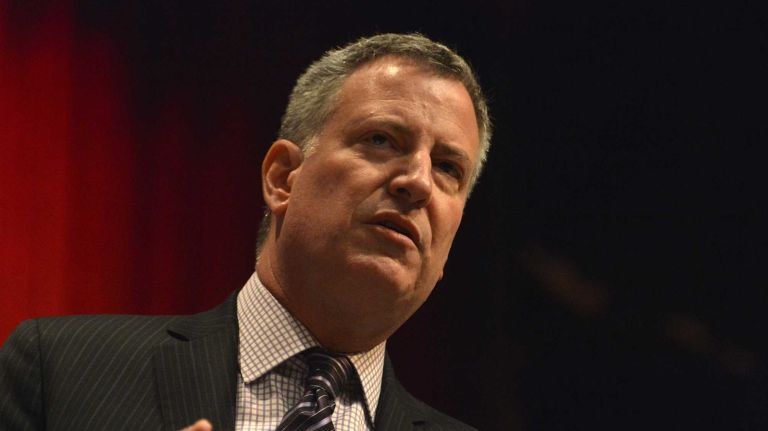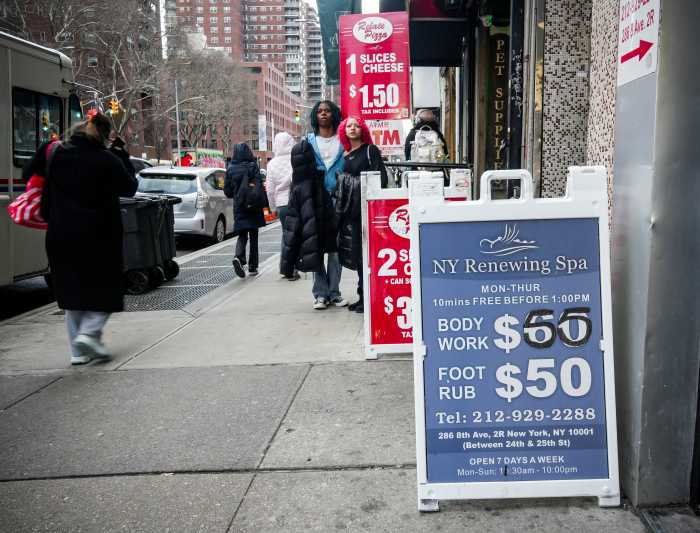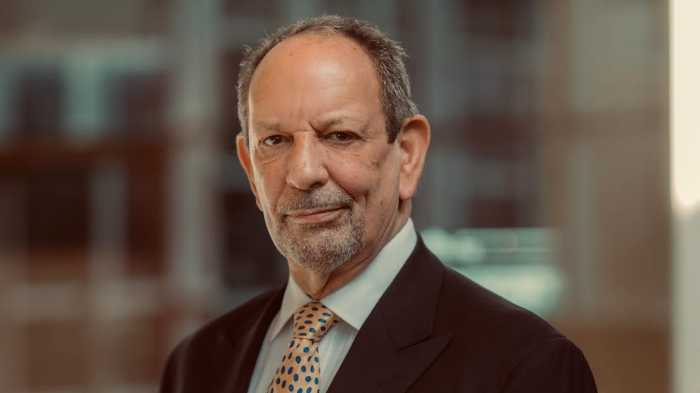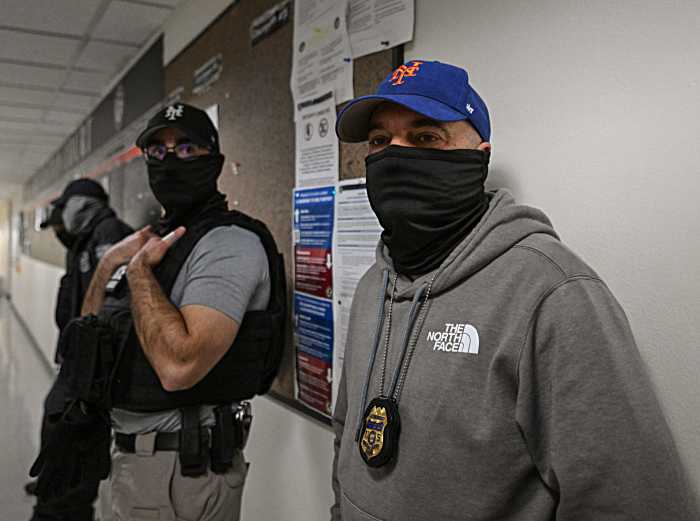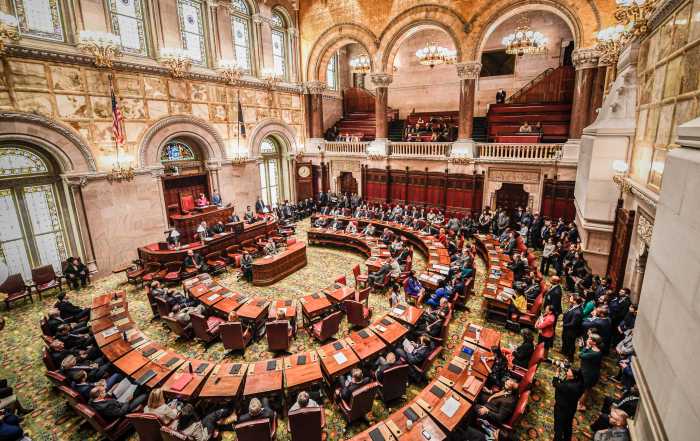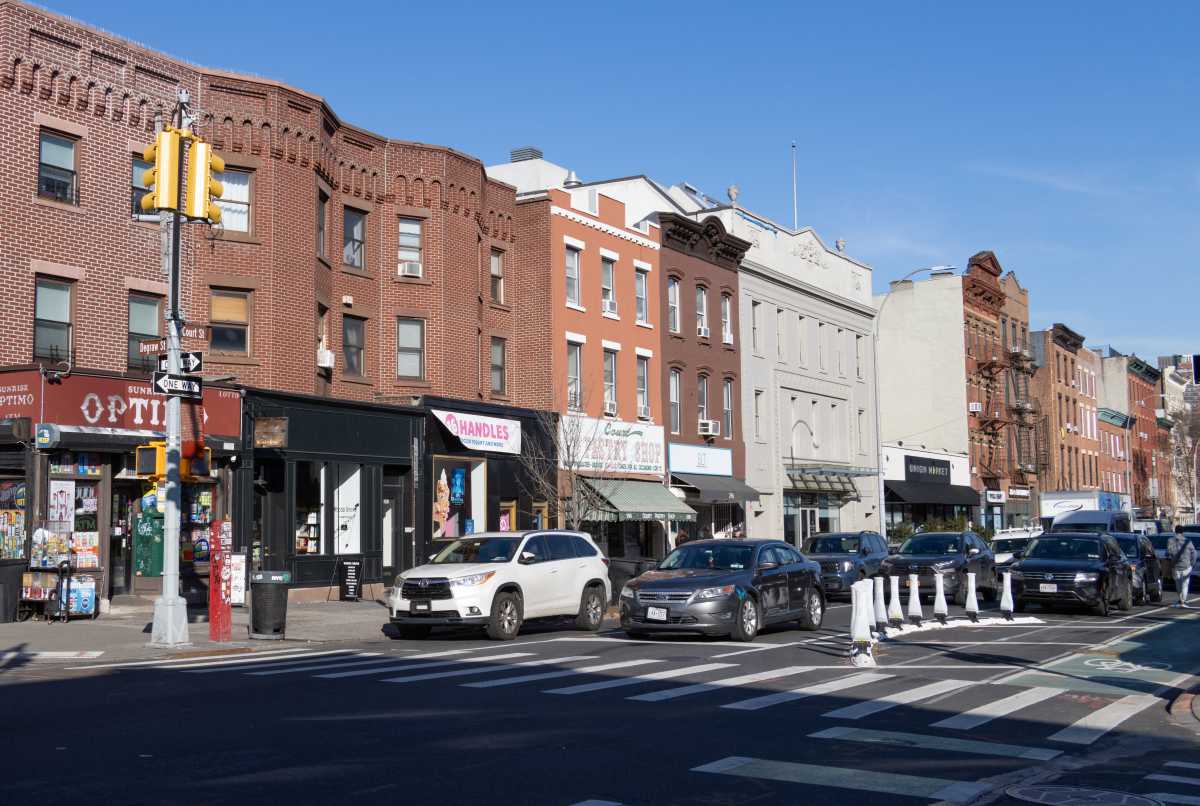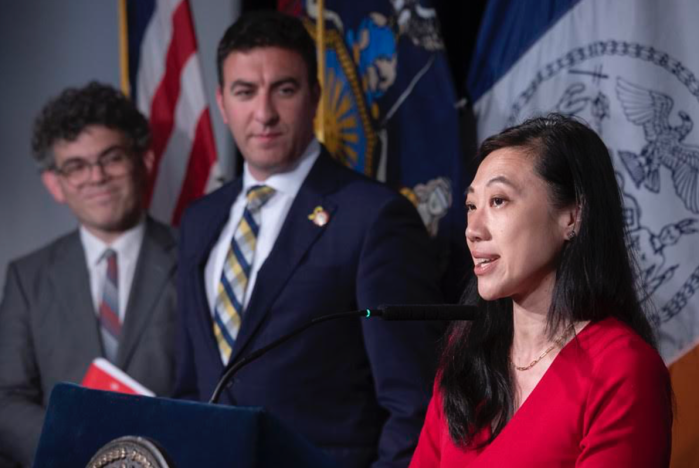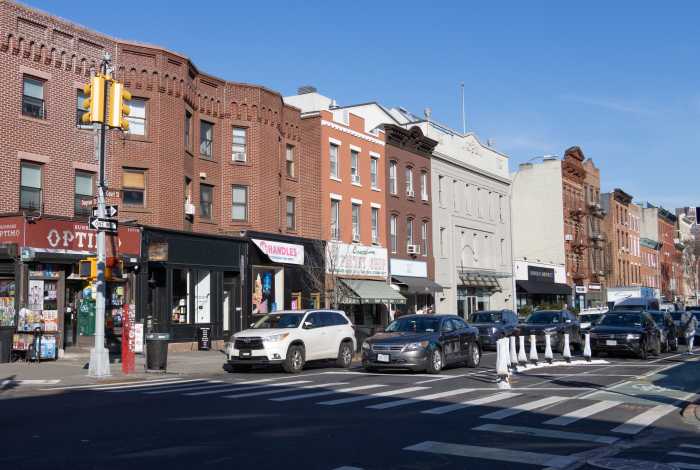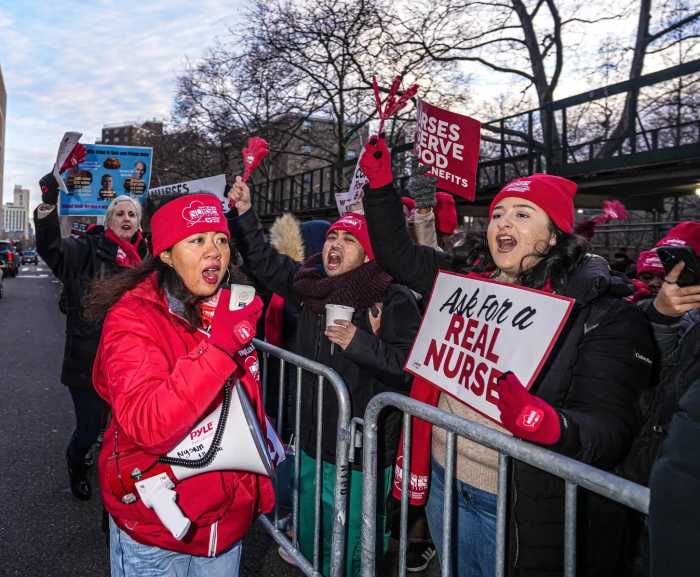
Mayor Bill de Blasio says his tentative deal with the United Federation of Teachers isn’t just about raises for the union’s 110,000 members.
The agreement, he says, represents a welcome punch of the reset button — a strong move that will make the city’s relationship with the UFT less sulfurous and let a thousand classroom innovations bloom.
We’ll see. But what’s on the table now are hard numbers for the pay raises — and troublingly murky statements about how they’ll be covered.
The pay hikes themselves aren’t outlandish.
They add up to 18 percent for the period that begins in late 2009 — when the last contract expired — and runs through late 2018. They equal roughly 2 percent a year.
And while the whole package weighs in at $5.5 billion, the city says health-care savings could pay for about $1.3 billion of that. How? Negotiators cite efficiencies such as centralized purchasing of prescription meds or having blood work and radiology exams done at specific locations rather than in doctors’ offices.
But can the city really save $1 billion-plus in piecemeal fashion? Negotiators should have insisted that teachers pay a portion of their health-insurance premiums.
The agreement does offer elements worth cheering:
The deal would let teachers with distinguished records receive a bump in pay in return for assuming a greater workload and acting as mentors to other teachers.
The deal would let up to 200 schools free themselves from union strictures and experiment with reconfigured hours to work with students and parents more effectively.
No one is giving these innovations a name. But it seems that the ideas of merit pay and charter schools are slowly gaining ground within the bureaucracy, which is great.
As for the dollars and cents of this deal, de Blasio has said it all falls “within the city’s budget framework.” Maybe he’ll be less opaque tomorrow as he fleshes out his executive budget. Or maybe it will fall to city Comptroller Scott Stringer to parse the numbers. It looks like a decent agreement on its face. But we need to see the whole thing.



